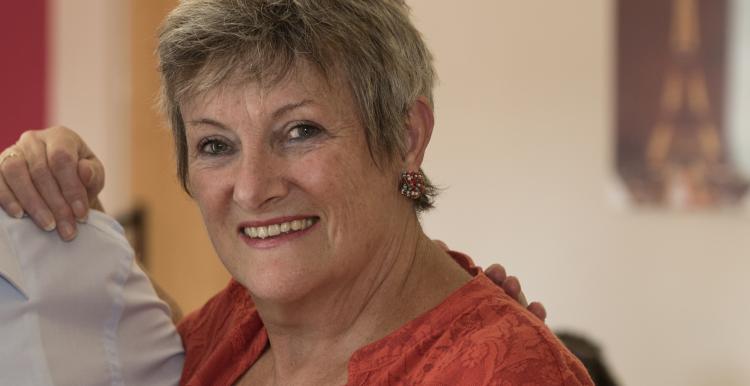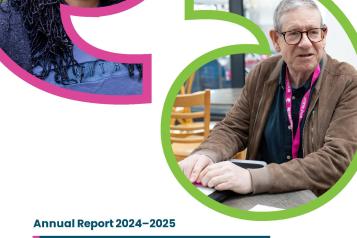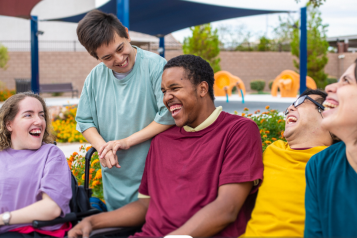Share your views on NHS services for those with learning disabilities and autism

More than 1,950 children are recorded as living with moderate to severe learning disabilities in Wiltshire and over 1,350 schoolchildren have autism, according to NHS figures*.
And now local families are being sought to share their views on the NHS services supporting those with learning disabilities and autism in Wiltshire.
Independent health and care champion Healthwatch Wiltshire has launched ‘What would you do?’ to encourage people in the county to share their views about what changes to local NHS services should look like.
The Government has developed a ten year plan for NHS covering the whole of England. Local organisations have now been asked to work out what changes will be made to ensure the NHS is better for people in the area.
The NHS Long Term Plan outlines how the NHS will support people with a learning disability or autism to live healthier, happier lives. Areas of focus include more investment in training, undergraduate degree places, supported internships to provide better employment opportunities.
The NHS also wants services to be more accessible for people with a learning disability or autism. This will start in specialist schools, where the NHS will run hearing, sight and dental checks, that might have been hard to access in other community settings. Later in life, people will also be offered annual check-ups and wellbeing services, such as support in quitting smoking.
It’s also proposed to allocate a key support worker to every child and young person with a learning disability or autism by 2024. This will be supported by all patients having more detailed records, with a ‘digital flag’ highlighting their learning disability or autism to NHS staff.
Stacey Plumb, Healthwatch Wiltshire Manager, said:
“There’s a significant number of children in local schools with learning disabilities and autism.
“We want to know how the NHS can help improve the support and services it provides to these children and their families. We want to hear from parents, relatives, carers or community groups about their own personal experiences and find out what could be improved.
“No matter how big or small the issue, we want to hear about it. Sharing your experience with us is quick and easy - and could make a big difference.”
'Health services should make information more accessible'
Healthwatch Wiltshire volunteer June Barnes (pictured above) would like to see people with learning disabilities have a voice.
June, from Trowbridge, has family members and friends who are on the autistic spectrum and has worked closely with young people and adults with learning difficulties. She said:
“People with learning disabilities and autism need to be valued and respected as major contributors towards all meaningful improvements within all aspects of NHS care.
“I think health services should make their information much more accessible, whether through easy read literature and/or awareness training. Even understanding and awareness is needed in relation to some people needing more time to process information for example in a GP or hospital appointment.
“Across the whole spectrum of autism – as indeed with learning disabilities – key staff need training in how to support people appropriately and recognise issues such as sensory overload. This can really help if someone is feeling overwhelmed.
“My personal experience through involvement and observations is that services are very patchy as to what works well (although not brilliant), and what doesn’t work at all within services. It’s a long steep climb!”
*NHS figures taken from Public Health England data: www.fingertips.phe.org.uk
This survey has now closed.


